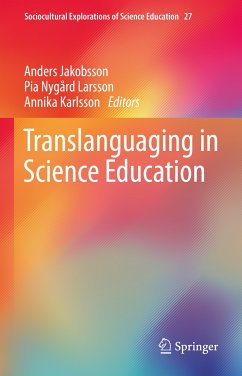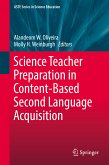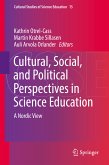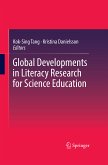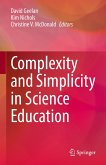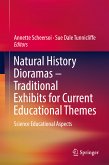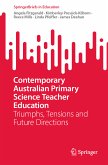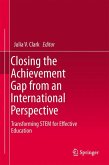This edited volume explores diverse translanguaging practices in multilingual science classrooms in Hong Kong, Lebanon, Luxembourg, South Africa, Sweden and the United States. It presents novel opportunities for using students' home, first or minority languages as meaning-making tools in science education. It also invites to explore the use of language resources and other multimodal resources, such as gestures and body language. In addition, it discusses and problematizes contingent hindrances and obstacles that may arise from these practices within various contexts around the world. This includes reviewing different theoretical starting points that may be challenged by such an approach. These issues are explored from different perspectives and methodological focus, as well as in several educational contexts, including primary, middle, secondary levels, higher education, as well as in after-school programs for refugee teenagers. Within these contexts, the book highlights and sharesa range of educational tools and activities in science education, such as teacher-led classroom-talk, language-focused teaching, teachers' use of meta-language, teachers' scaffolding strategies, small-group interactions, and computer-supported collaborative learning.
Dieser Download kann aus rechtlichen Gründen nur mit Rechnungsadresse in A, B, BG, CY, CZ, D, DK, EW, E, FIN, F, GR, HR, H, IRL, I, LT, L, LR, M, NL, PL, P, R, S, SLO, SK ausgeliefert werden.

